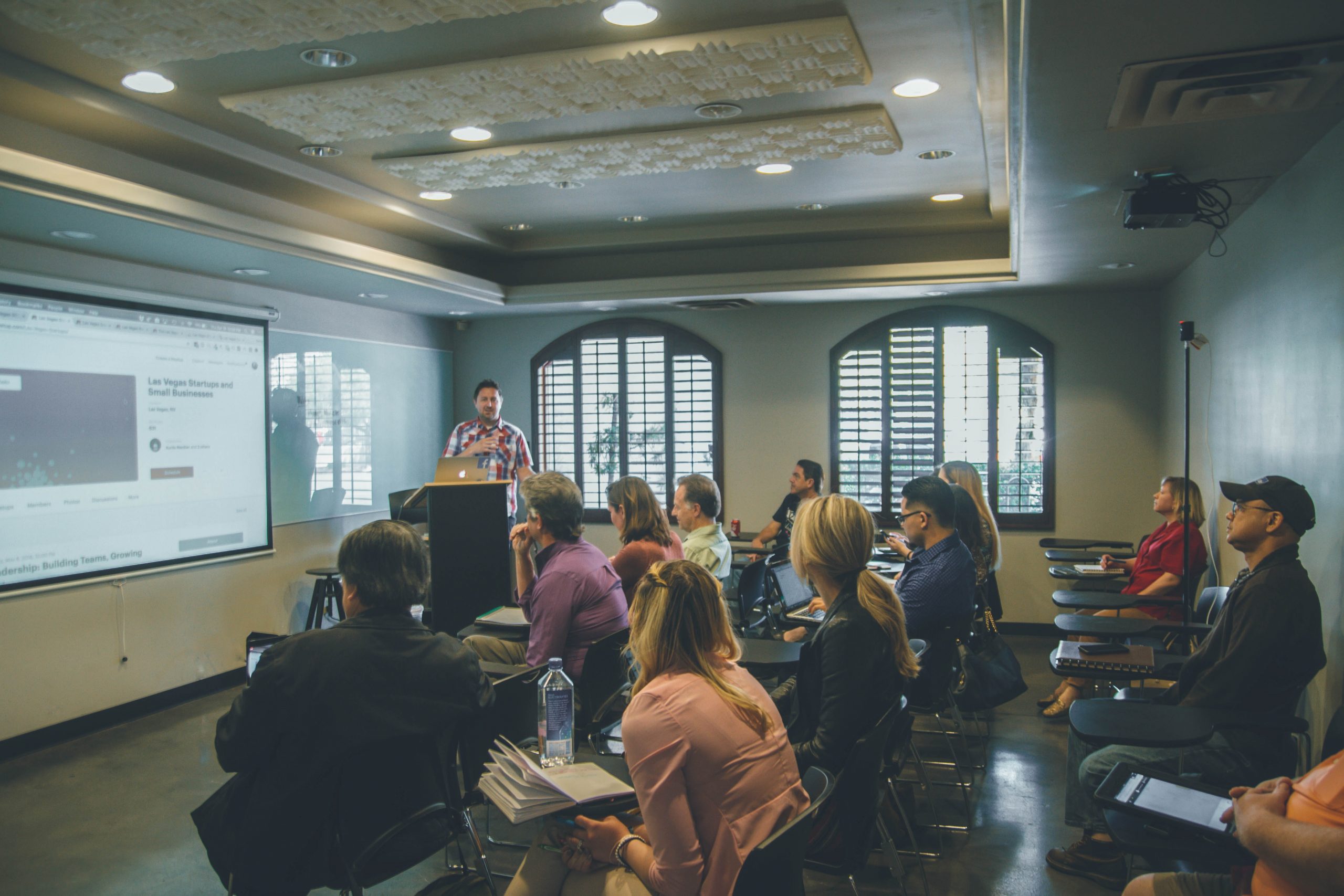The world has changed a lot since 2020: annual sales of lounge wear (or, more commonly known, as jogging bottoms) have increased by 80%, more of us are enjoying the great outdoors than ever before, and we now all know what the word ‘furlough’ means.
In workplaces we have also witnessed a significant shift, with flexible working policies and software, such as Microsoft Teams and Zoom, now being commonplace. This, as I am sure most of you would agree, has been hugely beneficial. It has allowed us to be better connected, as well as save time and resource. In fact, in February 2022, the Office of National Statistics reported that more than three-quarters (78%) of those who worked from home in some capacity reported a better work-life balance.
But that is not to say that homeworking isn’t without its challenges. On the contrary, the loss of physical face to face meetings, where chemistry naturally flows back and forth and individuals can sense body language, has arguably put a considerable dent in collective collaboration – it’s just not the same as talking to a face on a screen. And even then some refuse to turn on their Zoom camera – how do you know if people are truly engaged with the conversation?
Nevertheless, it’s clear these changes are here to stay; more than a third of UK workers would quit if they were told to return to the office full-time. And why should they? During multiple lockdowns, employees demonstrated, for long periods of time, that they were capable of working from home with the adoption of technologies empowering them to do so. Surely output should be measured in innovation, productivity and real-time results, rather than hours in an office building or in front of a screen? Businesses that are choosing to ignore this are witnessing employee dissatisfaction.
And so, on top of remaining flexible to retain valuable staff members, businesses should also keep opportunities for learning and development front and centre. Short courses that focus on developing personal and professional confidence, the ability to develop relationships virtually, and even how to self-motivate and manage time efficiently, will be important focuses for businesses to ensure that their teams thrive in a hybrid environment.
By transforming the way we look at training, so that it keeps up with the challenges of the modern workplace, we can create a culture of confidence and clarity. This will contribute to a happy and successful place to work that retains its best workers and thrives for many more years to come.









